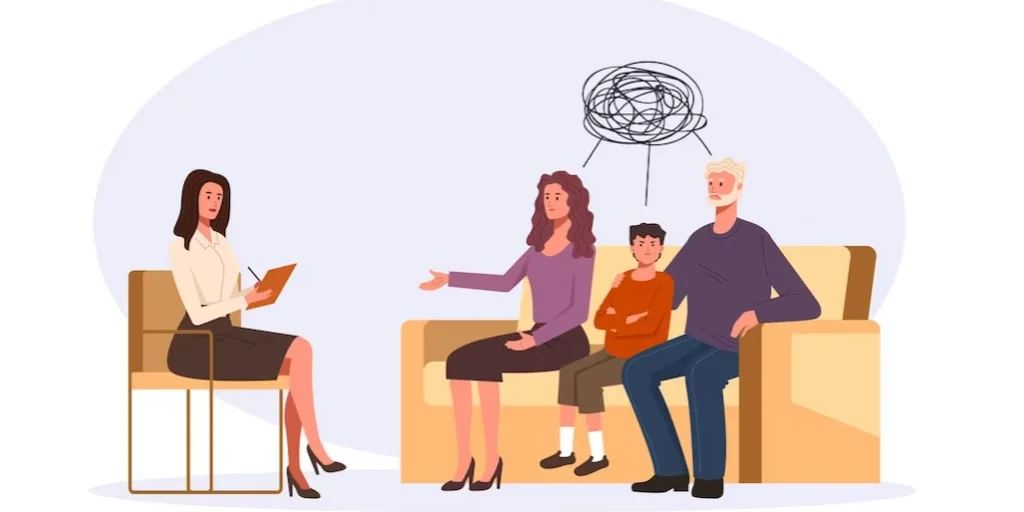24/7 Helpline:
(866) 899-221924/7 Helpline:
(866) 899-2219
Learn more about Eating Disorder Treatment centers in Gunnison County

Other Insurance Options

Private insurance

Lucent
Beacon

United Health Care

Magellan

Anthem

American Behavioral

WellPoint

PHCS Network

Sliding scale payment assistance

Optima

Oxford

CareFirst

Sutter

Regence

Group Health Incorporated

Highmark

MVP Healthcare

Meritain

Absolute Total Care

The Center for Mental Health
The Center for Mental Health is a non-profit organization and is governed by a board of directors re...

Teocalli Treatment Options
Teocalli Treatment Options offers outpatient treatmnet for individuals with alcohol and/or substance...






















The Center for Mental Health – Crystal Hall
The Center for Mental Health is a non-profit organization and is governed by a board of directors re...










































